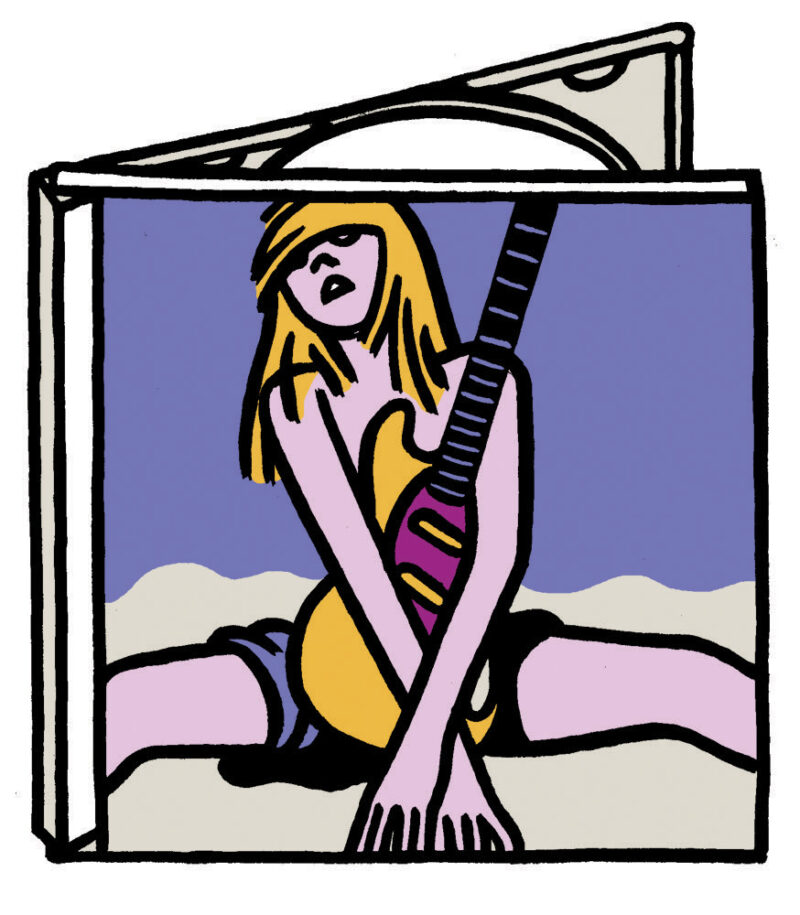“I am just your ordinary, average, everyday, sane, psycho super-goddess,” sings indie rock legend Liz Phair in the first song on her 2003 self-titled major-label debut. It’s as if she’s introducing herself to a wider audience in “Extraordinary,” the cheeky opener in which she seems to be saying, Don’t worry. I may be working with hotshot producers (the Matrix, who had recently helped launch Avril Lavigne’s career) on songs you can hear on the radio, but I’m still no normie.
We did not go for it—neither I, the die-hard fan, nor the music critics.
You have reached your article limit
Sign up for a digital subscription and continue reading all new issues, plus our entire archives, for just $1.50/month.
Already a subscriber? Sign in





